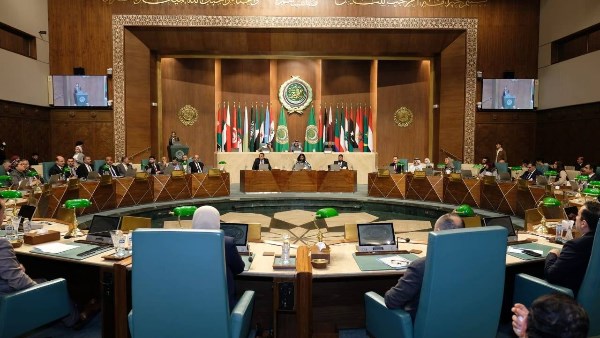
Poorer countries are badly in need of remittances, Brookings Institute

A new research shed light on how cross-border payments help poorer countries cope with Covid-19 crisis, according to Brookings Institute.
Remittances reached a record high of $554 billion in 2019, overtaking foreign direct investment (FDI) flows to low- and middle-income countries (LMICs), Mahmoud Mohieldin, UN Special Envoy on Financing the 2030 Agenda for Sustainable Development, said.
The research was published by Mohieldin and Dilip Ratha, the lead economist on migration and remittances at the World Bank.
Remittances have been larger, and more stable, than FDI in India, oil exports in Mexico, and tourism in Egypt, Nepal, and Tunisia, according to the research.
But the economic crisis caused by the COVID-19 pandemic is expected to lead to a 20 percent decline in migrant remittance flows to LMICs in 2020, which is projected to be even sharper in poorer countries and fragile and conflict-affected countries, according to the research.
According to the World Bank, LMICs could suffer a decline of over $100 billion in remittance flows, on top of a projected decline of $200 billion (37 percent) in FDI flows in 2020.
The overall decline in external financing, especially with the significant drop of portfolio investment, can cause difficulties for nations in managing their external payment needs, for essential imports and foreign debt service
Additionally, risks of households falling back into poverty and food insecurity have risen, according to the research.
The World Bank estimates that 40 million to 60 million people may be pushed into extreme poverty due to the crisis.





-1120252475029447.jpg)















